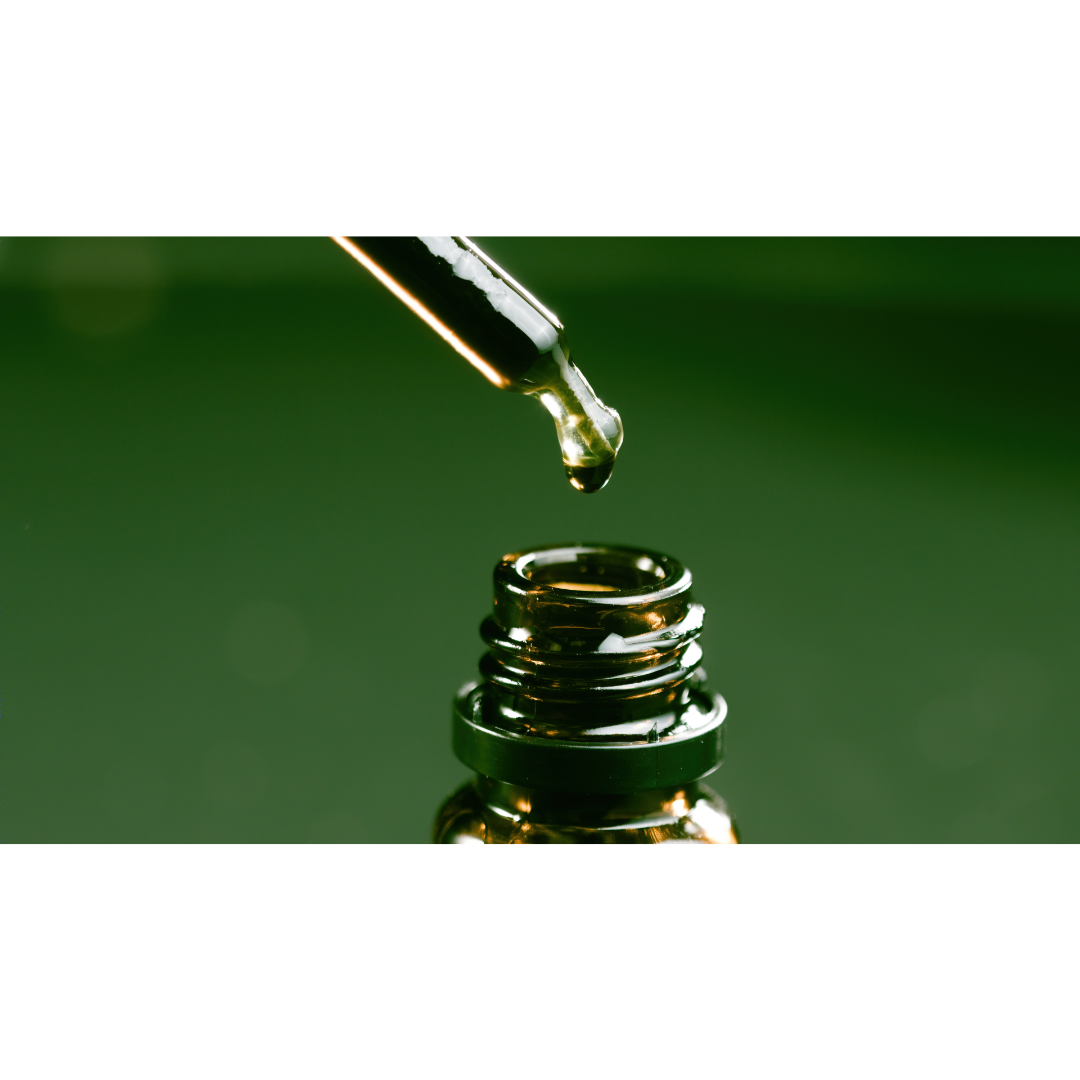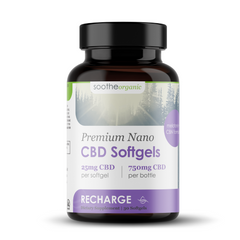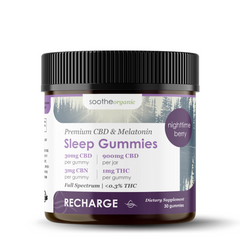Cannabidiol (CBD) is a constituent present in cannabis. Unlike tetrahydrocannabinol (THC), the psychoactive compound in marijuana, CBD is non-impairing and does not induce a "high."
CBD can be extracted from either hemp or non-hemp varieties of cannabis. Hemp is classified explicitly as any component of the cannabis sativa plant containing less than 0.3% THC, the compound responsible for altering one's mental state in marijuana.
CBD Use at Home in the United States
2018, the United States Congress approved, and the President signed the Agriculture Improvement Act into law. This legislation excluded hemp from the federal Controlled Substances Act, essentially legalizing CBD when derived from hemp. Nevertheless, a handful of states have retained hemp's controlled status under their state laws, creating disparities in the legality of CBD products among states.
CBD is prominently featured in various consumer goods, including
Edible products
Oils
Lotions
Capsules
Cosmetics
How Can CBD Affect Your Health for Good?
Researchers continue to uncover the mechanisms of CBD's impact on the human body. The U.S. Food and Drug Administration (FDA) approved Epidiolex, a medication containing purified CBD extracted from hemp, specifically designed to treat rare seizure disorders. The FDA has determined that this medication is safe and effective for its intended purpose. However, it's important to note that other CBD products and their applications may lack FDA endorsement. It’s important to consider possible side effects, though there is little evidence of notable side effects. It is encouraged to start slow and increase the dose for effect. This is individually specific to anticipated outcomes, and it is recommended that you consider your healthcare advisor.
It is strongly discouraged to use CBD while pregnant. The potential health implications of using CBD products during pregnancy remain uncertain. In animal studies, elevated CBD doses have demonstrated adverse effects on developing fetuses.
The transfer of CBD to an infant through breast milk remains unclear. Given the potential negative associations with CBD use, individuals who are breastfeeding are advised to abstain from CBD consumption.
Risk of Unintentional Poisoning
Numerous establishments that offer hemp and CBD merchandise also carry items containing THC. Individuals must exercise caution and avoid confusing THC-infused products with those of hemp or CBD. Consuming products containing THC can lead to psychoactive effects and potential adverse reactions. Furthermore, it's important to note that most CBD products lack regulation by the FDA. Consequently, consumers should remain vigilant as items labeled as hemp or CBD may contain various other ingredients, including THC, pesticides, heavy metals, bacteria, or fungi.
In 2021, the CDC issued a Health Alert Network (HAN) Health Advisory, aiming to inform the public that CBD can be artificially converted into Delta-8 THC, which possesses psychoactive properties and is not thoroughly understood. This advisory serves as a cautionary alert, emphasizing the risk of adverse events due to inadequate labeling of products containing both THC and CBD.
Conclusion
In conclusion, it is essential to approach the use of CBD and related products with informed discretion. While CBD has shown promise in various areas, including medical treatments, it has its potential risks and uncertainties, particularly when it comes to unregulated products. The distinction between CBD, THC, and other components is vital for making responsible choices. It is incumbent upon both consumers and regulators to stay vigilant, ensuring that our products are safe, accurately labeled, and in compliance with the highest quality standards. By staying well-informed and exercising caution, we can harness the potential benefits of CBD while minimizing potential risks, ultimately making healthier and more informed choices for our well-being.
References
https://www.cdc.gov/marijuana/featured-topics/CBD.html






